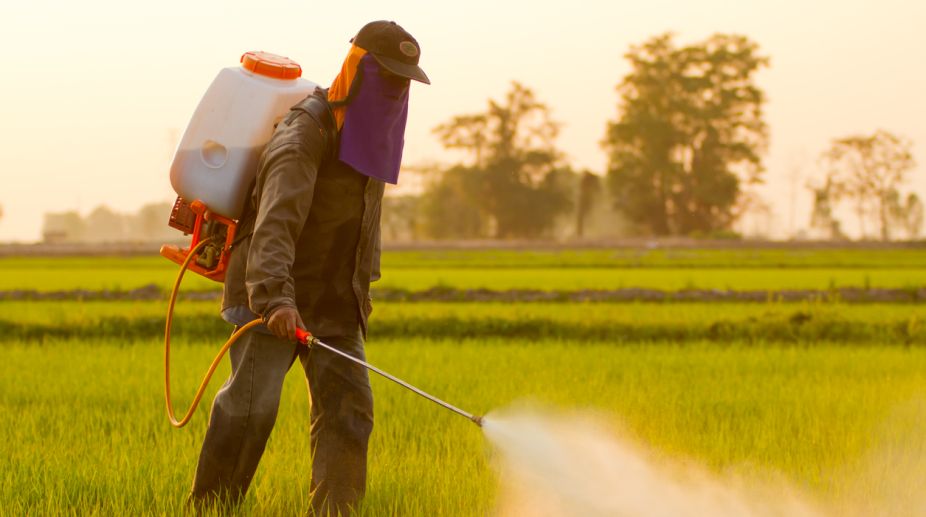South Korea’s court to hold final hearing of Yoon’s impeachment trial on Feb 25
South Korea's constitutional court will hold the 11th and final hearing of President Yoon Suk-yeol's impeachment trial on February 25.

Photo: Getty Images)
South Korea has detected eggs contaminated with the pesticide fipronil and has momentarily banned egg products from all farms with over 3,000 hens, authorities announced on Tuesday.
The Ministry of Agriculture, Food and Rural Affairs revealed that some eggs from a farm in Namyangju, east of Seoul, were found to contain the pesticide.
Advertisement
It is unknown how many samples tested positive for the contamination. The farm, which has some 80,000 hens, produces about 25,000 eggs a day.
Advertisement
The ministry has prohibited farms with more than 3,000 hens from producing eggs until the authorities complete a thorough inspection on the matter, Yonhap news agency reported.
South Korea has already restricted the sale of eggs produced in the country due to the 2016 outbreak of bird flu, forcing the Asian country to import eggs from other countries such as Australia, New Zealand, Denmark, the Netherlands, Thailand and Spain.
At the moment, there are still no official reports on imported eggs containing the pesticide in South Korea.
Following the official announcement on Tuesday, three major South Korean retailers — Homeplus, E-Mart and Lotte Mart — announced they have suspended the sale of eggs until the government releases the results of their inspection.
The pesticide fipronil, a harmful substance banned for use in hens, has raised attention in Europe after Belgium and Holland were reported to have used the substance. Some eggs in 17 other countries were also found to contain the pesticide.
According to experts, fipronil has a very low risk of human intoxication, meaning that humans would have to consume eggs contaminated with a level of pesticide found in Belgium and the Netherlands throughout their entire lives to suffer its adverse effects.
Advertisement